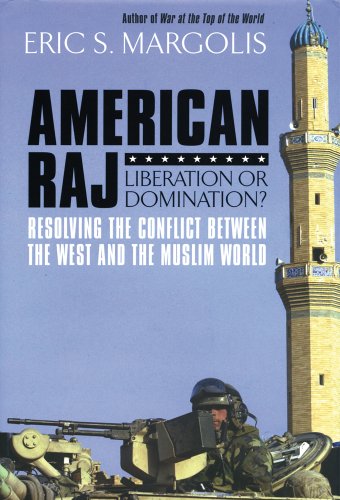Seven decades after Japan’s surprise attack on Pearl Harbor some truth is finally beginning to emerge from the miasma of propaganda that still clouds our vision of World War II.
It seems clear by now that President Franklin Roosevelt’s White House knew from deciphered codes that Japan was planning an attack on America’s key naval base in Hawaii. Shamefully, the senior US Navy and Army commanders at Pearl Harbor were not informed of the impending attack. The US Navy’s three aircraft carriers were coincidentally moved far from harm’s way before the attack, leaving only obsolescent World War I battleships in port as sitting ducks.
Why are the most advertised Gold and Silver coins NOT the best way to invest?
Roosevelt was eager to get the United States into war against Germany at all costs. But Americans wanted no part of Europe’s war, recalling how British propaganda had deceived America into World War I. The single largest ethnic group in America was of German origin. In the 1880’s, my native New York City was the third most populous German city on earth after Berlin and Hamburg.
 American Raj Liberatio...
Buy New $4.99
(as of 06:10 UTC - Details)
American Raj Liberatio...
Buy New $4.99
(as of 06:10 UTC - Details)
Roosevelt, whose sympathies lay far to the left in spite of his patrician background, understood that only a surprise attack would provoke Americans into war.
At the time, the US supplied 80% of Japan’s oil, 100% of its aviation fuel, and much of its metal. Roosevelt demanded Japan vacate China that it had invaded, or face an embargo of these vital strategic materials on which Japan’s industry depended. Japan’s fascist military government refused, as Washington knew it would. A US embargo ensued.
Japan had a one-year strategic reserve of oil. Its stark choice was either run out of oil, fuel, and scrap steel over 12 months or go to war while it still had these resources. The only other potential source of oil for Japan was the distant Dutch East Indies, today Indonesia.
In 1991, then US President George H.W. Bush claimed that the US had a right to go to war with Iraq to assure its supply of oil.
Japan’s leading naval strategist, Adm. Isoroku Yamamoto, gloomily predicted before Pearl Harbor that Japan was going to war for oil and would be defeated because of it. He was absolutely correct. America was ten times more powerful than Japan and had a huge industrial capacity.
It was a suicidal war for Japan in all aspects. Japan’s powerful army, deployed to occupy China and perhaps fight the Soviet Union, cared nothing for the Pacific. By contrast, the Imperial Japanese Navy had no interest in China. Its goal was the conquest of the oil-rich Dutch East Indies, British-ruled Malaya, French-ruled Indo-China and the US-ruled Philippines and Pacific territories. Making matters worse, Japan’s navy and army ran separate wars, without any coordination, unified industrial policy or common strategy – in short, two different wars for a nation that was not even up to one conflict at a time.
Japan claimed it was waging a crusade to ‘liberate’ Asia from the Western imperial rule. But few Asians bought this argument due to the brutality and arrogance of their Japanese occupiers.
Looking back, it was indeed an old-fashioned imperial war: the Japanese Empire versus the American, British, French and Dutch empires. The last empire, the Soviet Union, did not get involved until its smashing victory against Japan’s Kwantung Army in 1945, one of WWII’s greatest campaigns but now totally forgotten.
 War at the Top of the ...
Buy New $4.99
(as of 06:10 UTC - Details)
War at the Top of the ...
Buy New $4.99
(as of 06:10 UTC - Details)
Why did the Japanese, an intelligent, clever people, think they could defeat the US and its allies? My view after long studying this question is that Japan’s militarists, boxed into a corner by Roosevelt’s crushing embargo, had to choose between a humiliating surrender to the US and giving up China, or a suicidal war.
Japan’s samurai culture that infused its armed forces saw surrender as the ultimate shame. Death in battle was preferable to surrender and the only honorable course for warriors.
 Japanese militarized society had a belief in the ‘nobility of failure’ that was unknown to other peoples.
Japanese militarized society had a belief in the ‘nobility of failure’ that was unknown to other peoples.
For Japan’s warriors, the highest glory and honor lay in choosing to fight a battle against greatly superior forces in which defeat and death were clearly inevitable. This was the ultimate expression of the knightly code of ‘bushido’ that guided Japan’s warrior caste.
By June 1944, Japan’s imports of strategic material and food were cut off by US submarines. Half its cities were burning. The population was starving. Meanwhile, the US was assembling its atomic bombs.
In a final act of folly, right after Pearl Harbor Adolf Hitler declared war on the United States, presenting Roosevelt, whose government had numerous high-ranking Soviet agents, the war he had so long wanted.




